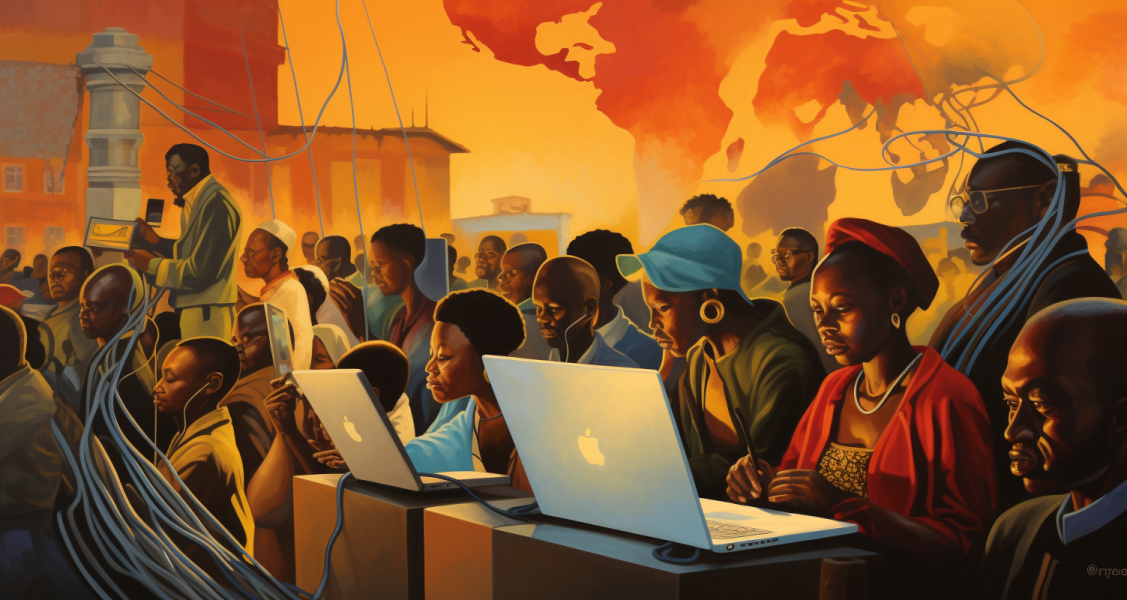The digital revolution has transformed various facets of our lives, and politics is no exception. From the days of radio broadcasts and televised debates to today’s social media campaigns and data analytics, the strategies employed in political campaigns have seen a significant shift. This article delves into the evolution of political campaign strategies in the digital age, highlighting the tools, tactics, and trends that are shaping modern politics.
A Glimpse into the Past
Historically, political campaigns relied heavily on grassroots movements, door-to-door canvassing, radio broadcasts, and television ads. The message was broad, targeting a general audience, with limited personalization.
The Digital Revolution
- Social Media Surge: Platforms like Facebook, Twitter, and Instagram have become essential tools for politicians. They offer a direct line to voters, allowing for real-time engagement and feedback.
- Data Analytics: With the rise of big data, campaigns can now segment and target voters with precision. By analyzing online behavior, preferences, and demographics, politicians can tailor messages to specific groups.
- Digital Advertising: Online ads, especially on platforms like Google and Facebook, have become a staple in political campaigns. They offer the advantage of targeting, retargeting, and immediate metrics.
- Grassroots 2.0: Digital tools have enhanced grassroots movements. Online petitions, crowdfunding, and virtual town halls amplify voices and mobilize support at unprecedented scales.
Challenges and Considerations
- Misinformation: The digital age has also seen the rise of fake news and misinformation campaigns, making fact-checking and transparency paramount.
- Privacy Concerns: Data collection and analytics raise ethical concerns about voter privacy and data security.
- Digital Divide: While digital campaigns reach a vast audience, there’s still a segment of the population without internet access, necessitating a blended campaign approach.
Looking Ahead: The Future of Political Campaigns
- AI and Automation: Artificial intelligence could further personalize campaigns, predicting voter behavior and automating tasks.
- Virtual Reality (VR) and Augmented Reality (AR): These technologies might offer immersive experiences, like virtual rallies or AR-enhanced debates.
- Blockchain: This technology could revolutionize voting, making it more secure and transparent.
The digital age has undeniably reshaped political campaign strategies, offering both opportunities and challenges. As technology continues to evolve, so will the tactics and tools employed in the political arena. Staying informed, adaptable, and ethical will be key for politicians and voters alike in navigating the digital political landscape.







